What You Need to Know About Apricot Seeds—6 Amazing and Surprising Health Benefits (You May Not Know)
What You Need to Know About Apricot Seeds—6 Amazing and Surprising Health Benefits (You May Not Know)
Overview
Apricot seeds are incredibly nutritious superfoods that provide a range of health benefits. Used in food and traditional medicines for centuries, they are
Apricot seeds are an excellent source of protein and essential fats, making them a perfect addition to a diabetes-friendly, anti-inflammatory diet. They are also a great food choice for people with heart disease and inflammatory conditions.
In addition to their rich nutritional profile, apricot seeds provide a wide variety of bioactive compounds that are known to have medicinal properties. Their major active compound is a chemical called amygdalin, which has been found to have anti-cancer, anti-diabetes, and anti-obesity effects.
Read on to explore the 6 amazing health benefits of apricot seeds.
The health benefits of apricot seeds
1. Apricot seeds are nutritionally rich
Apricot seeds are packed with high-quality protein and essential fatty acids, which makes them a low-fat, nutrient-dense option for snacking between meals. They are also low in carbs and provide an excellent amount of dietary fiber. Fiber plays an important role in the digestion process, feeds the friendly gut bacteria, promotes bowel regularity, and prevents sharp blood sugar spikes.
Each apricot kernel contains about 27% protein and 5% fiber. Foods high in protein and fiber are useful in weight management and promote satiety. High-protein foods are also great for your metabolism and help build muscles.
In addition, apricot seeds provide decent amounts of a wide variety of micronutrients, including calcium, iron, zinc, phosphorus, magnesium, copper, niacin, riboflavin, thiamine, pantothenic acid, and vitamins A, C, E, and K.
2. Apricot seeds are loaded with disease-fighting compounds
Researchers have identified an impressive range of medicinal compounds in apricot seeds that work as antioxidants. It contains several types of flavonoids and phenolic compounds, including caffeic acid, gallic acid, epicatechin, catechins, rutin, quercetin, chlorogenic acid, and anthocyanins.
A diet rich in plant antioxidants can help fight free radical damage and protect vital organs from the harmful effects of oxidative stress. Antioxidants are also important for maintaining a strong immune system and helping you recover faster from common illnesses.
Compounds found in apricot seeds have been shown to improve blood sugar control, lower inflammation, promote mental wellness, and support weight loss. Evidence suggests that apricot seeds have high antioxidant potential and can lower the risk of chronic diseases like diabetes, hypertension, stroke, dementia, cancer, and various cardio-metabolic disorders.
3. Apricot seeds may help prevent and heal cancer
Apricot seeds are notably known for their cancer-fighting properties. The kernels are one of the richest sources of amygdalin—a bitter-tasting substance found in many nuts and fruit seeds, including peaches, bitter almonds, apples, cherries, lima beans, and plums. Amygdalin is a cyanogenic glycoside, which means it is converted into cyanide during the digestion process. Some scientists believe that when taken in low amounts, this compound can induce apoptosis in cancerous cells and prevent the growth of tumors.
Although research on the anti-cancer effects of apricot seeds is limited, some animal studies and cell models have found it effective in preventing the growth of prostate, colon, breast, and liver cancer cells. Apricot kernel oil has also been found to inhibit the growth of carcinoma tumors.
Additionally, apricot seeds are rich in strong antioxidants and healthy fats that prevent DNA damage and reduce the risk of cell mutation. In a 2016 animal study, researchers found that supplementation with apricot kernel oil can reduce chemotherapy-induced immune suppression and organ degeneration.
Amygdalin is also known as B17, although it is not a B-group vitamin. A synthetic form of this substance is sold under the name of laetrile and has previously been used as an alternative cancer treatment for over 30 years.
4. Apricot seeds are rich in heart-healthy fatty acids
Apricot kernels are loaded with monounsaturated and polyunsaturated fatty acids (MUFAs and PUFAs) and contain very low amounts of saturated fats. About 93% of the oil found in seeds is composed of healthy fats, which makes it immensely beneficial for heart and brain health.
Studies have shown that oleic acid and linoleic acids found in apricot seeds can lower LDL cholesterol, total cholesterol, and triglyceride levels while also improving HDL cholesterol. In one study, daily consumption of bitter apricot seeds for 42 days improved the lipid profile of patients with elevated cholesterol levels. However, researchers noted that the supplementation did not have any impact on healthy volunteers.
Phytochemicals like rutin and pangamic acid found in the kernels are also known to help maintain a steady heartbeat, strengthen heart muscles, lower blood pressure, and prevent the hardening of arteries.
Studies have linked high consumption of MUFAs and PUFAs with a reduced risk of cardiovascular diseases, stroke, arthritis, lupus, and neurological diseases. Apart from heart health, essential fats (omega-3 and omega-6) are also important for cognitive performance, emotional wellness, and eye health.
5. Apricot seeds are nature’s best-kept anti-aging secret
A nutrient-rich oil extracted from apricot seeds has been used for centuries in ayurvedic skincare and is known to have restorative properties. Apricot kernel oil is an incredibly lightweight, quick-absorbing moisturizer that works for all skin and hair types. Rich in essential fats and vitamins, it easily penetrates deeper skin layers and promotes rejuvenation. It also combines well with other oils and fats, making it one of the most sought-after carrier oils for aromatherapy applications.
Apricot seed oil is loaded with various types of skin-boosting compounds like lutein, beta carotene, zeaxanthin, anthocyanins, tocopherols (vitamin E), phytosterols, and polyphenols. Studies have shown that these compounds act as antioxidants and help prevent oxidative damage and collagen loss, minimizing the effect of environmental skin aging. Regular application of apricot seed oil can restore skin elasticity, promote skin barrier homeostasis, improve hair texture and growth, repair hair damage, and reduce wrinkles and fine lines.
Evidence shows that this oil has antimicrobial, anti-inflammatory, antiseptic, and wound-healing properties and can be used in the treatment of fungal skin infections, acne, dandruff, scalp infections, sores, boils, and irritable skin conditions.
6. Apricot seeds can help reduce inflammation and pain
Studies have shown that apricot seeds have anti-inflammatory properties and can reduce pain and discomfort associated with chronic pain conditions like rheumatoid arthritis, lupus, gout, and fibromyalgia. Amygdalin has been found to reduce inflammation in the lungs and improve respiratory conditions such as asthma, bronchitis, allergic rhinitis, and seasonal cold and cough.
External application of apricot seed oil has also been shown to boost blood circulation and reduce inflammation of connective tissues, providing relief from muscle cramps and joint pain. In one study, consuming apricot seed extracts improved ulcerative colitis, which is an inflammatory bowel disease.
Potential risks and side effects
Consuming high amounts of bitter apricot seeds can cause adverse health effects, and some rare cases of cyanide poisoning have been reported over the years. Amygdalin is converted into cyanide in the small intestine, which makes it possibly unsafe when taken repeatedly or in high amounts.
Apricot seeds and amygdalin have been known to cause toxic effects like vomiting, nausea, dizziness, headaches, muscle weakness, and blurry vision. In some severe cases, it has even been reported to cause cardiac arrest, liver damage, and death.
Due to its possible health risks, experts do not recommend using amygdalin (or laetrile) as alternative cancer therapy. Sweeter varieties of apricot seeds contain less amygdalin and are considered more beneficial for overall health. Consult a healthcare professional before supplementing with Apricot seeds or amygdalin
Apricot seeds should not be taken by pregnant women, as it has been reported to trigger spasms and birth abnormalities. It should also be avoided by lactating mothers, children, and people with compromised immunity. According to the European Food Safety Authority, the maximum acceptable dose for adults is 3 small kernels or half of a large kernel.
Final thoughts
Apricot seeds have a plethora of healing properties and can greatly boost your nutritional intake. Evidence suggests this lesser-known health supplement can help boost your immune system and reduce the risk of various chronic conditions such as cancer, dementia, heart disease, stroke, diabetes, and arthritis. Being rich in protein and fiber, apricot seeds also help build muscles, promote gut health, boost metabolism, increase satiety, control overeating, and help stabilize blood sugar levels.
The wondrous oil extracted from apricot seeds is also a superfood for skin and hair. It has been used in traditional medicines to promote cell renewal, improve hair volume, control hair fall, soothe inflamed skin, and reduce premature wrinkles.
Apricot seeds should always be consumed in moderation, as higher doses are known to do more harm than good. If you want to use them as an alternative remedy or regular food supplement, consider speaking to your doctor about possible side effects and drug interactions.
For products and supplements that can help you live your best healthy life, visit our store here!
Remember, “So Something Everyday That Heal Your Body!”
If you enjoyed this article, join our newsletter to be among the first notified when new articles are published and receive coupons and discounts!
References
https://www.ncbi.nlm.nih.gov/pmc/articles/PMC9332734/
https://ifst.onlinelibrary.wiley.com/doi/10.1111/j.1745-4549.2008.00258.x
https://www.ncbi.nlm.nih.gov/pmc/articles/PMC6342773/
https://pubmed.ncbi.nlm.nih.gov/27262314/
https://pubmed.ncbi.nlm.nih.gov/27021084/
https://www.efsa.europa.eu/en/press/news/160427
https://pubmed.ncbi.nlm.nih.gov/32073131/
https://www.mdpi.com/1424-8247/14/9/881
https://www.mdpi.com/1420-3049/26/8/2253
https://www.ncbi.nlm.nih.gov/pmc/articles/PMC8775948/
https://www.ncbi.nlm.nih.gov/pmc/articles/PMC3551129/
https://emergency.cdc.gov/agent/cyanide/basics/facts.asp
https://pubmed.ncbi.nlm.nih.gov/31292346/
Featured Image Credit: Image by 4045 on Freepik

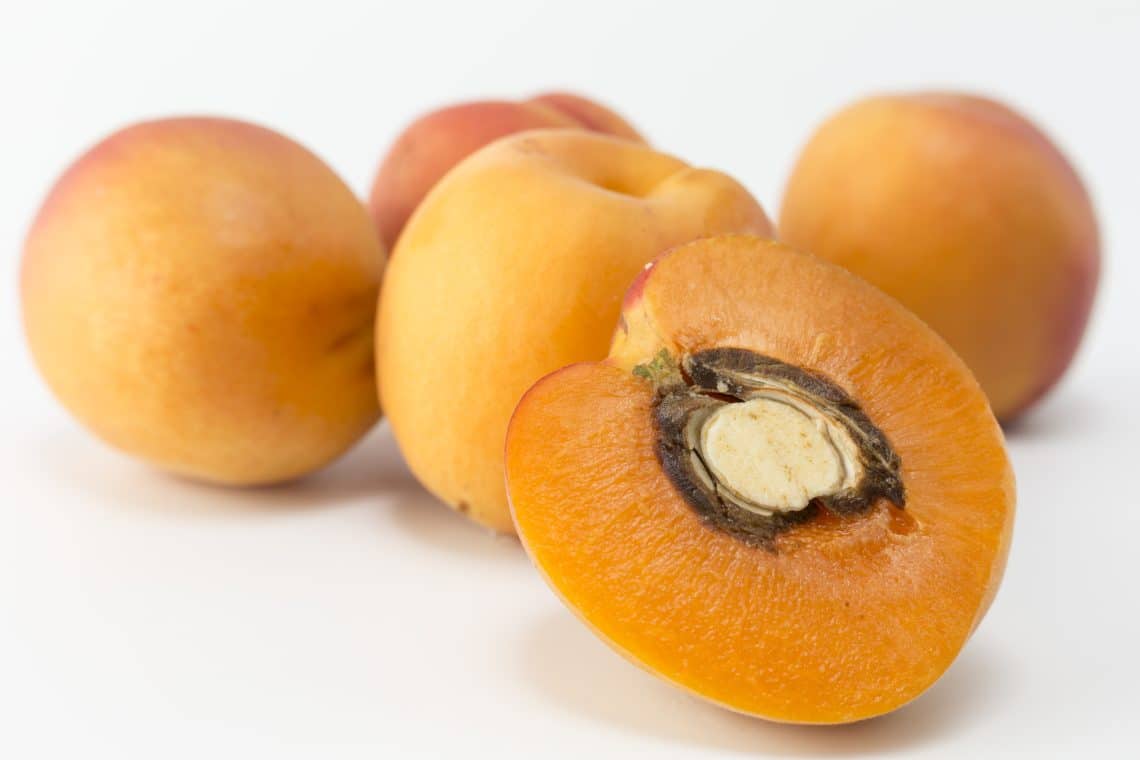
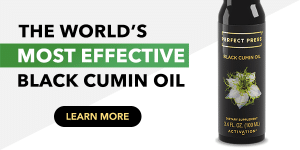
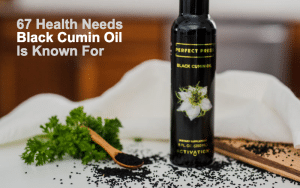

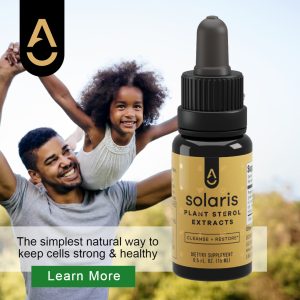




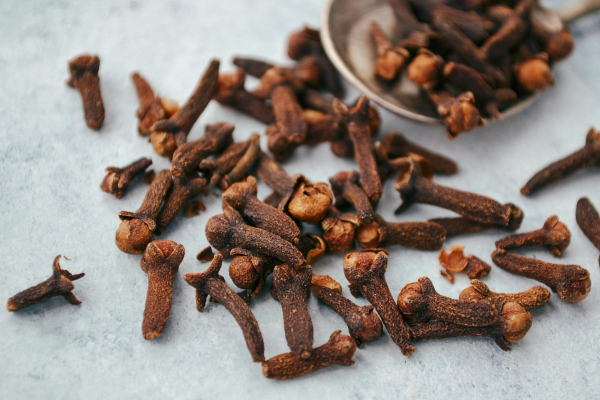
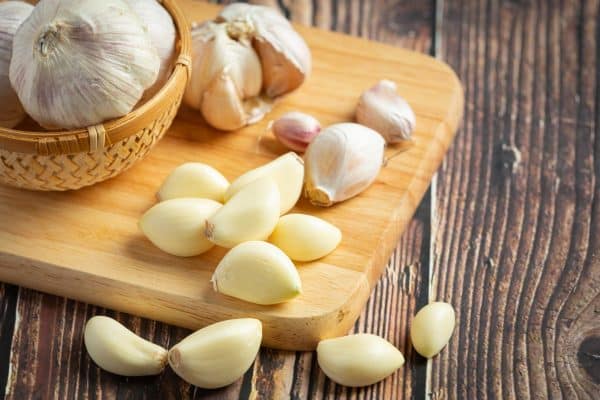

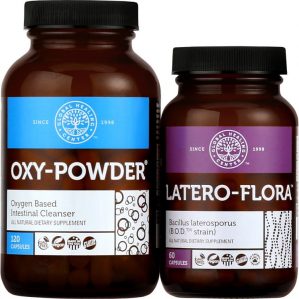

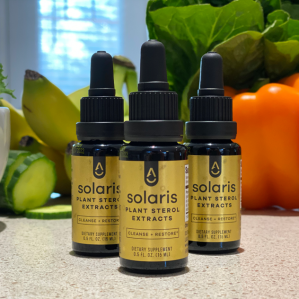
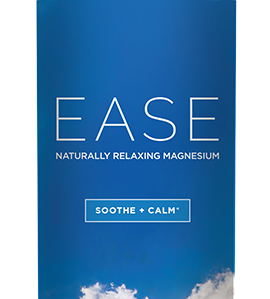
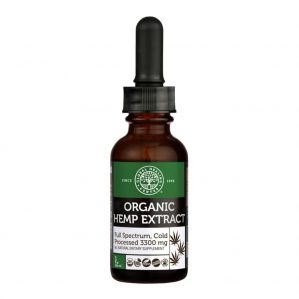











0 Comment